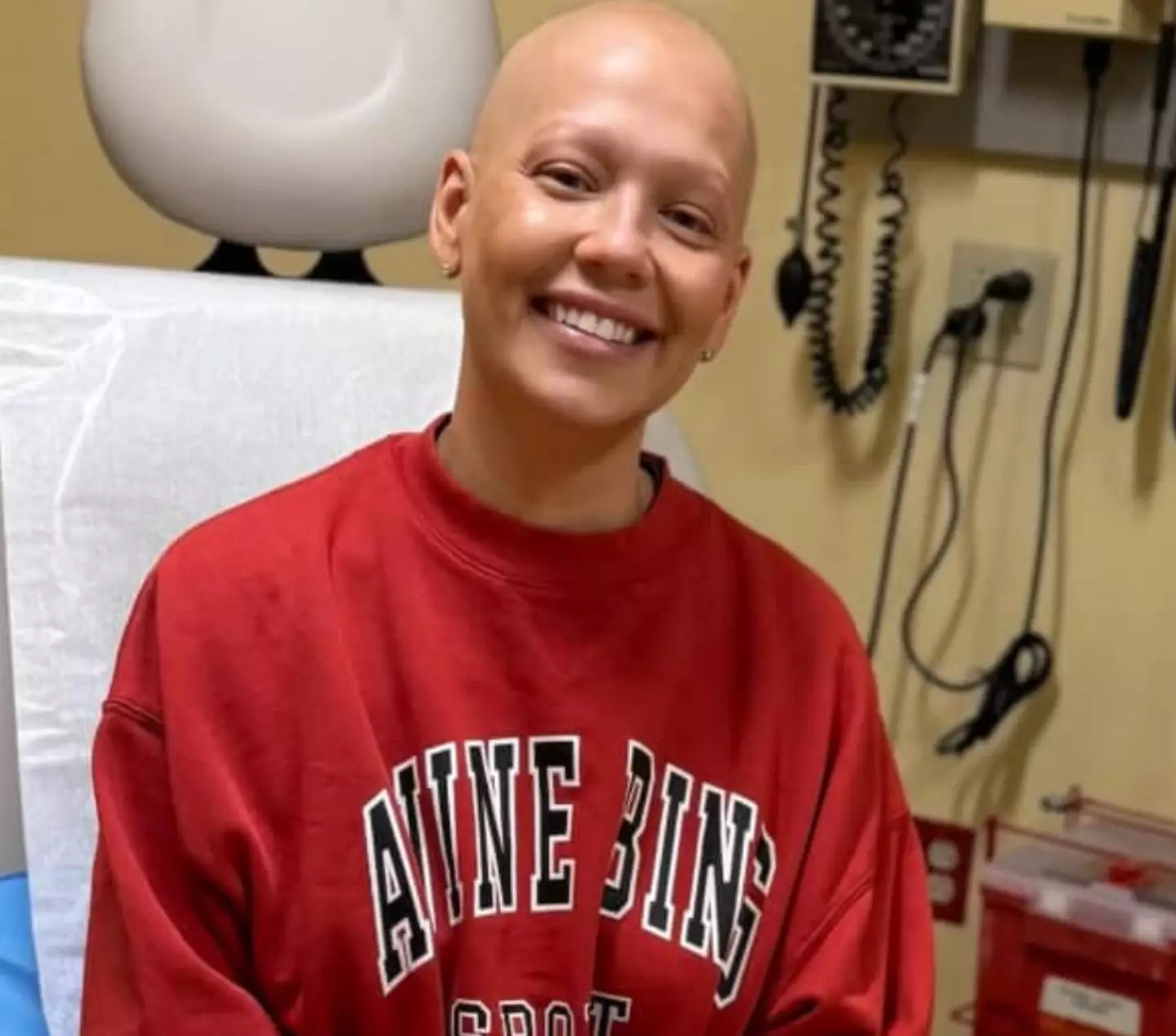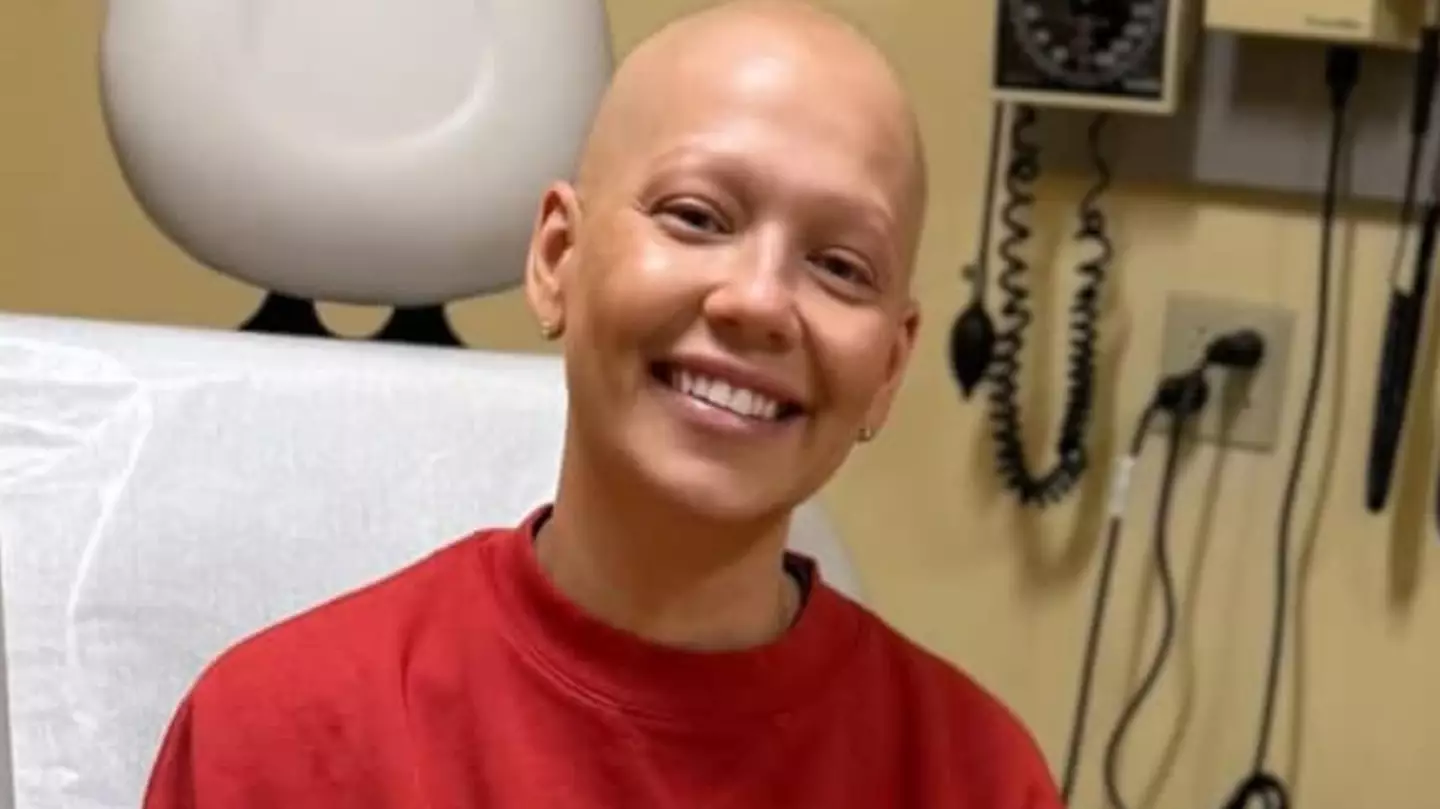A woman learned she had cancer only after needing multiple organs removed.
Louise Altese-Isidori appeared to be in good health, with her family and friends unaware that she was battling ovarian cancer.
According to Louise, she experienced no symptoms of the disease, which remains one of the leading causes of cancer-related deaths among women, as noted by the American Cancer Society.
Her condition came to light after her fertility doctor recommended monitoring her ovarian health with a transvaginal sonogram every six months.
Despite being advised by another doctor that the procedure was ‘unnecessary’, Louise chose to proceed with it, opting for annual check-ups, a decision that ultimately played a role in saving her life.

In October of the previous year, a doctor discovered a large ovarian cyst in Louise. Although her blood tests were negative for cancer, she was advised to have her ovaries removed.
Since she had no plans to have more children, she decided to proceed with the surgery. However, before the operation, her surgeon raised concerns regarding her transvaginal sonogram results.
Louise recounted to the New York Post that her surgeon expressed: “I don’t want to scare you because your test came back negative, but I don’t like the way things are looking. I need to get you in as soon as possible to have your ovaries removed.”
Unfortunately, during the surgery, it was confirmed that Louise’s body was ‘filled with cancer’. A subsequent biopsy revealed she had Stage 4B ovarian cancer, which had spread throughout her body.
“I was in complete shock. I kept waiting for someone to say they made a mistake,” Louise shared about her unexpected diagnosis.

In January, further surgery revealed cancer in Louise’s colon, liver, and chest.
Dr. Dennis Chi performed extensive surgery, removing Louise’s spleen, appendix, gallbladder, uterus, ovaries, fallopian tubes, and the stomach lining, all affected by cancer.
Additionally, she underwent chemotherapy following the major surgery.
Despite the challenges, Louise is now ‘technically in remission’ as her CA 125 test results are normal. According to the Mayo Clinic, this test measures the protein cancer antigen 125 levels in the blood and is frequently used to monitor ovarian cancer.
Louise is now advocating for other women to consider annual transvaginal sonograms.
She stated: “My goal is to let women know a simple annual transvaginal sonogram (although not foolproof in detecting ovarian cancer) could still save your life as it did mine.”
For updates on Louise’s cancer journey, you can follow her on her Instagram page.
If you have been affected by similar issues and need someone to talk to, you can contact the American Cancer Society at 1-800-227-2345 or use their live chat feature, available 24/7 every day of the year.

